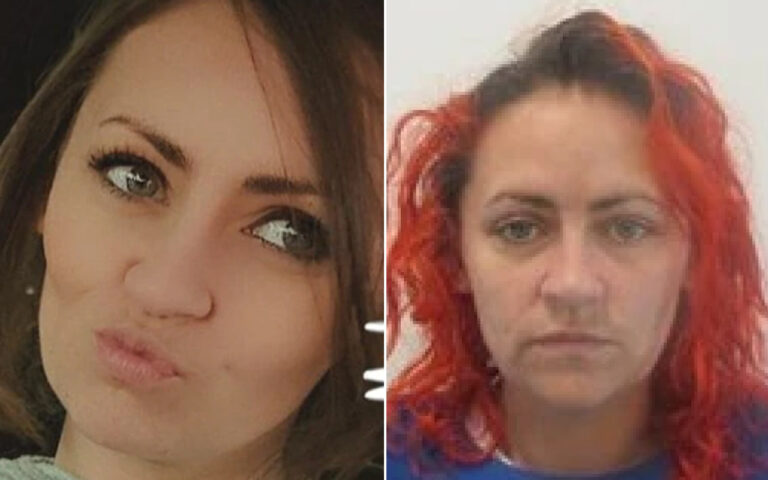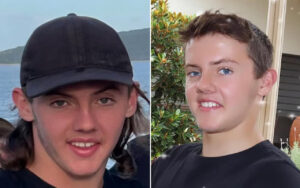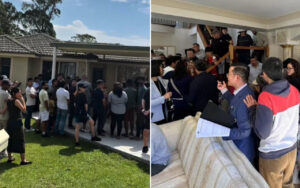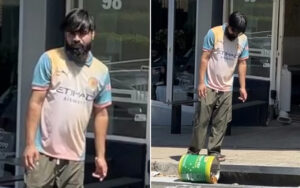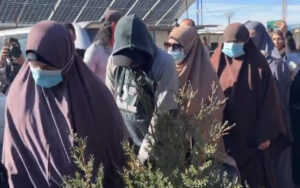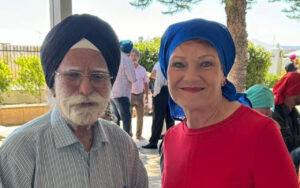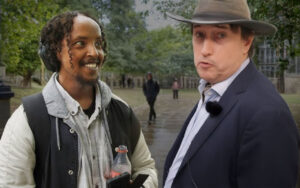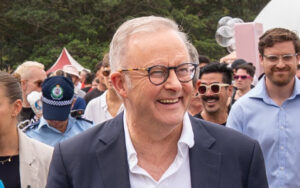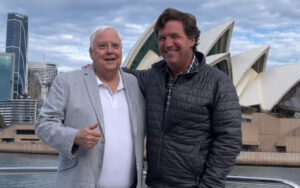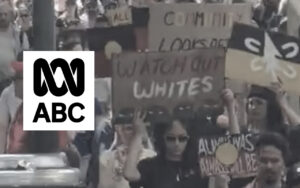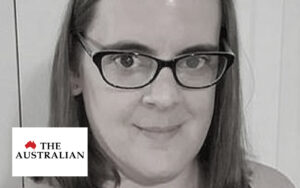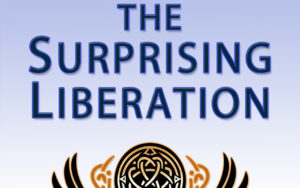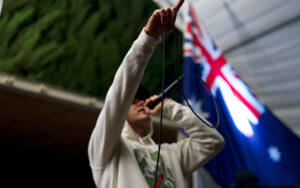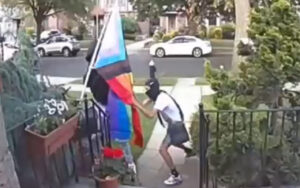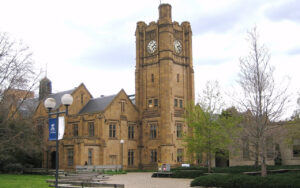A Victorian mother-of-four accused of faking aboriginality to take advantage of bail laws that were recently softened for indigenous people has been released to a “rehabilitation farm” while awaiting trial.
Haley Terei, 33, was last year charged with perverting the course of justice by allegedly lying to the Supreme Court about being aboriginal so she could get bail on eight other charges related to an alleged burglary where guns, gold nuggets and $470,000 in cash were stolen from a home in Hastings.
She faced the County Court on Thursday where prosecutor Fiona Martin argued against bail, saying Terei had previously been “prepared to say anything she needed to get bail” and was a risk to the community as she allegedly knew where to find the seven firearms from the alleged heist.
But Judge Robyn Harper released Terei, who has already served 228 days in pre-sentence detention, to live at the Windana Maryknoll Therapeutic Community in Gippsland where residents care for animals, do farm chores and enjoy meals prepared by a professional chef, The Melbourne City News reported.
Windana intake officer Rod Cella told the court breakfasts were cooked by chefs and residents were given morning walks as it was important that drug addicts have a “healthy diet” while in rehabilitation, and said Terei could stay for up to 12 months.
Defence barrister Ashleigh Harrold said the prosecutor’s concerns were unfounded as Terei would not have access to a car and would be isolated from her associates, although Mr Cella admitted staff at the facility were unable to stop residents leaving if they were “hell bent” on doing so.
Ms Harrold also argued that rehabilitation would protect the community in the long term, and help her client “better herself” for the sake of her children.
Terei was first released on bail on the burglary, theft and drugs charges in May last year after telling the court she was an aboriginal woman from the “Yorta Yorta nation” via her mother who had died when she was three, and that she was “whitewashed” as a child.
Victorian courts are required to take into account any issues that arise due to a person’s aboriginality, including “historical and ongoing discriminatory systemic factors that have resulted in aboriginal people being over-represented in the criminal justice system, including in the remand population”, “the risk of harm and trauma that being in custody poses to aboriginal people”, “the importance of maintaining and supporting the development of the person’s connection to culture, kinship, family, elders, country and community”, and “any issues that arise in relation to the person’s history, culture or circumstances”, Judge Rita Incerti noted.
She found that Terei, who has a long criminal history, had a higher risk of harm in custody as a result, and that it was particularly important she was able to spend time with her children “given the intergenerational and ongoing trauma suffered by the separation of aboriginal children from their parents, and the ongoing pain the separation causes”.
“When I look at Ms Terei, a woman who has been denied access to her cultural heritage, who is expressing a desire for cultural support to turn a corner in her life, and with significant personal struggles, I see no good reason for contributing to the stark overrepresentation of aboriginal people on remand,” the judge said.
But just two months later the same judge revoked bail after phone recordings allegedly revealed that Terei’s mother is from New Zealand, is not aboriginal, and still lives in New Zealand.
“[The] phone recordings provide strong evidence that Ms Terei is not an aboriginal person and sought to gain some benefit in the bail application on the basis of identifying as an aboriginal person,” Judge Incerti told the court.
The Judge said the allegations did not alter comments she made during the previous bail application, and insisted that amendments to Victoria’s bail laws did not make it easier for aboriginal people to be released.
“The decision-maker must endeavour to not contribute to the historic overrepresentation of aboriginal and Torres Strait Islander people in custody unless there is good reason to do so,” she told the court.
“However, I repeat that the amendments have not created a more lenient test for aboriginal persons. The amendments are a recognition of specific factors that uniquely affect aboriginal persons and that must be taken into account when determining a bail application for an aboriginal person.”
The Windana facility describes itself as “set on a beautiful 40-acre property home to farm and native animals, planted crops, natural bushland and shared spaces to live and work”, and provides art therapy, naturopathy, osteopathy, and a special program for indigenous people called Us Mob.
Header image: Left, right, Haley Terei.
